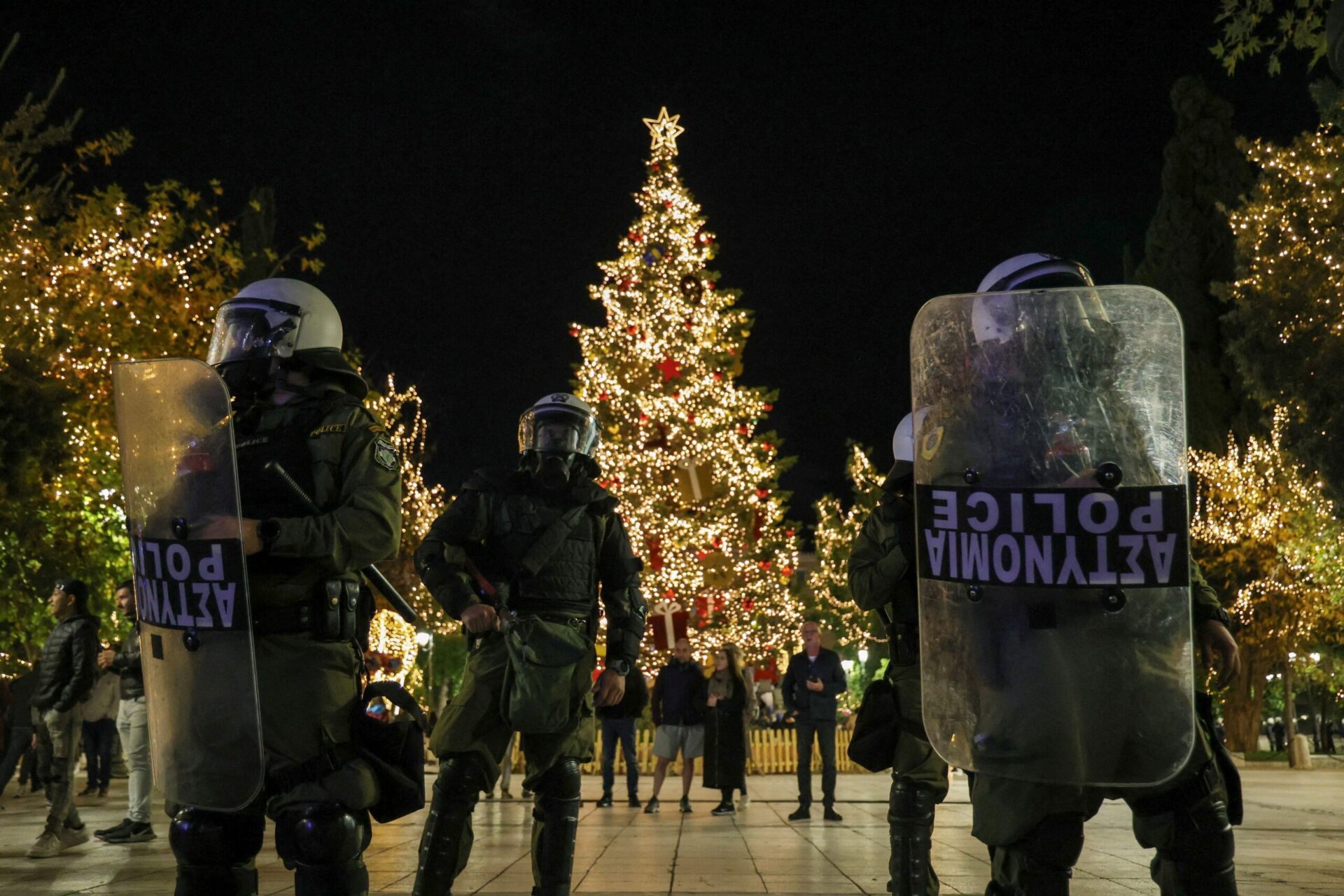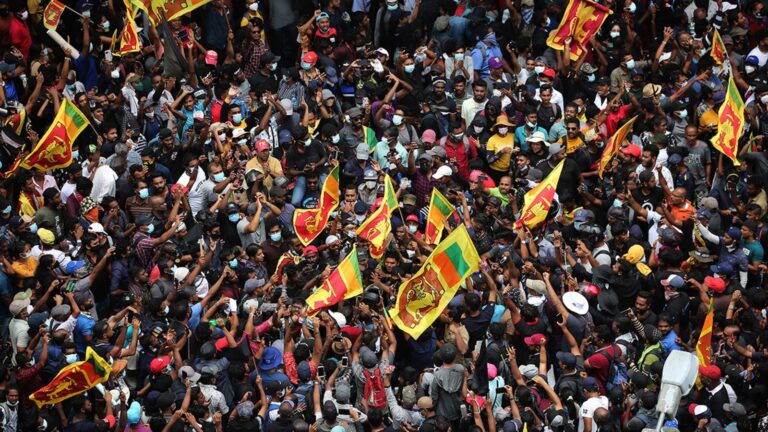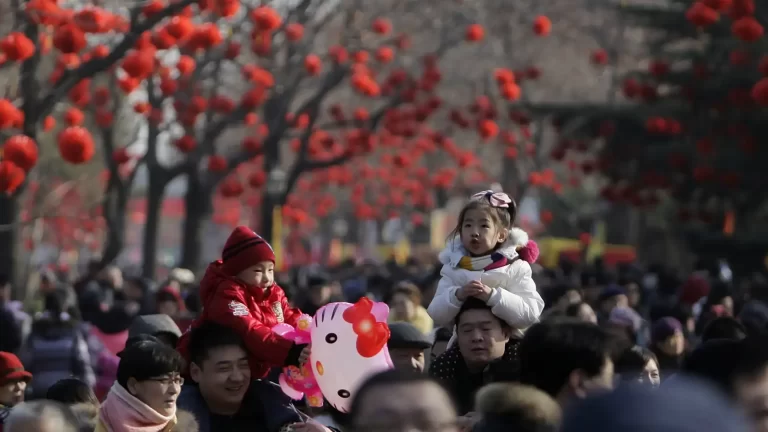This year marks the 15th anniversary of the lethal shooting of 15-year-old Alexis Grigoropoulos by a police officer in Athens in December 2008. Over 9,000 people took to the streets across Greece to pay tribute to the killed teenager and protest instances of police brutality.
The massive turnout proves that the shocking killing remains etched in the psyche of many Greeks, particularly the country’s “millennials” who were of a similar age as Grigoropoulos when he was murdered.
However, there is another legacy of that fateful December. Across Greece, a wave of rage and violence was unleashed, primarily by young people, with days of rioting in all major cities. There was anger at the police and there was anger at the government. The burning of the Athens municipal Christmas tree remains the defining image of those days.
The unprecedented violence in the days that followed the killing of Grigoropoulos, and the flare-ups that take place annually with skirmishes between riot police and rioters, have become an indelible part of the debate that happens every year on this anniversary.
Instead of a unified, apolitical condemnation of the murder of a teenager by a police officer, Greek social media, mirroring the division and toxicity seen in many countries (including the US and the UK), are full of posts participating in a twisted “competition” regarding which of the political spectrum’s dead or perceived “martyrs” deserve to be remembered and commemorated.
There are posts comparing the murder of Grigoropoulos to that of the three Marfin Bank employees who died in the arson attack on their branch during anti-austerity demonstrations in 2010, or that of 20-year-old student Thanos Axarlian who was murdered in 1992 by the November 17 terrorist group during the botched assassination of then finance minister Yiannis Paleokrassas.
But, in no world do two (or more) wrongs make a right. All victims of violence, whether their cause has been adopted by the left or the right, deserve to be commemorated, and all perpetrators should be condemned. Unnecessary comparisons only fuel the import of the so-called “culture wars” in Greek society.
Source: Ekathimerini







